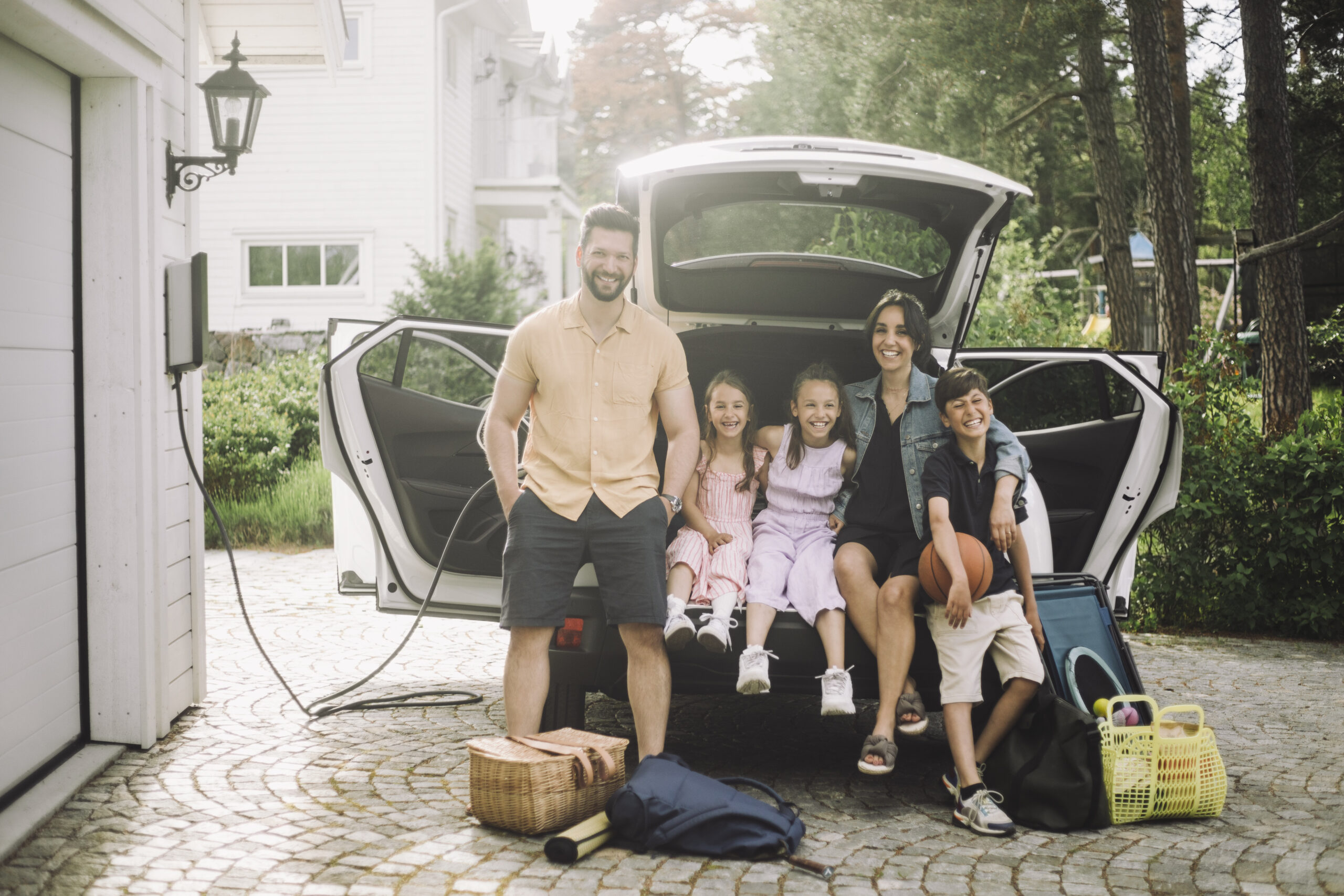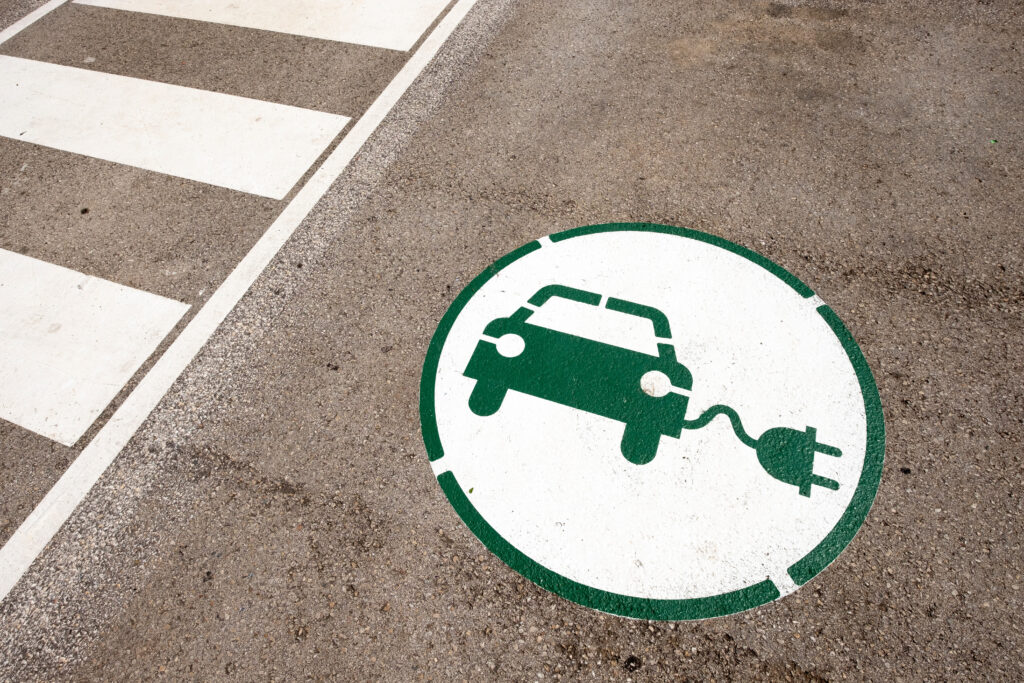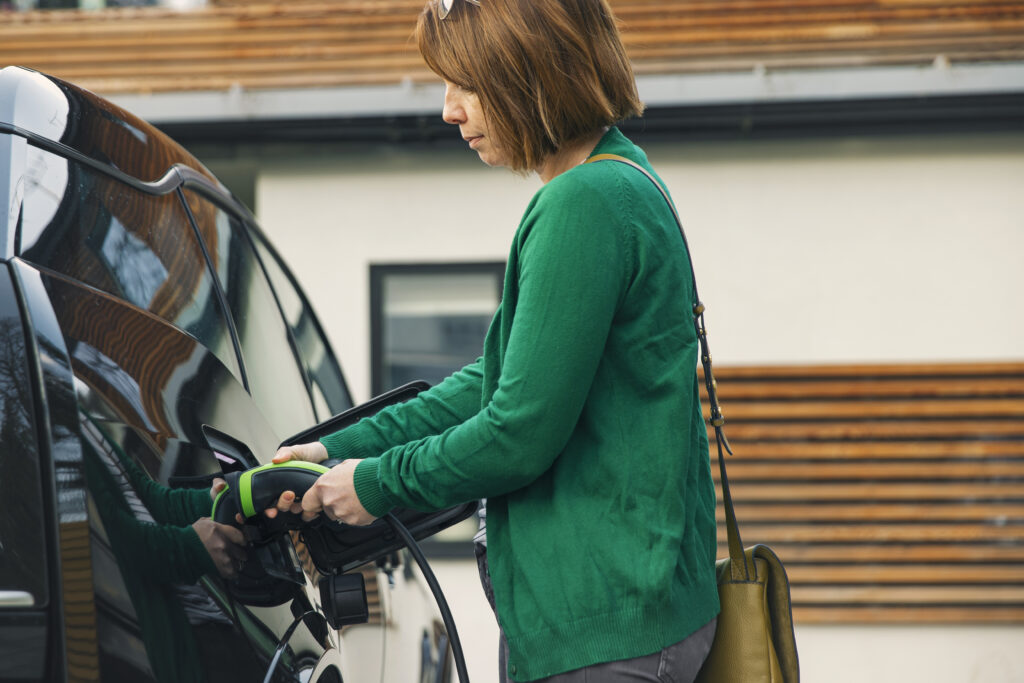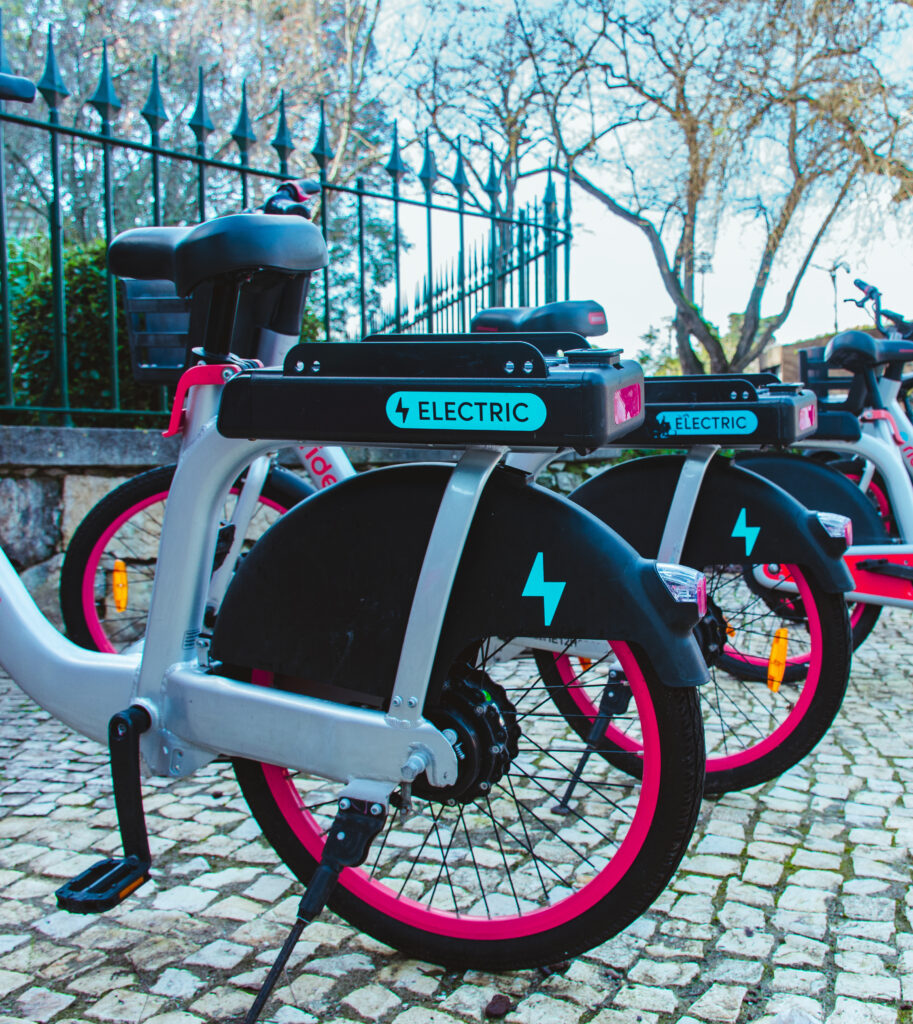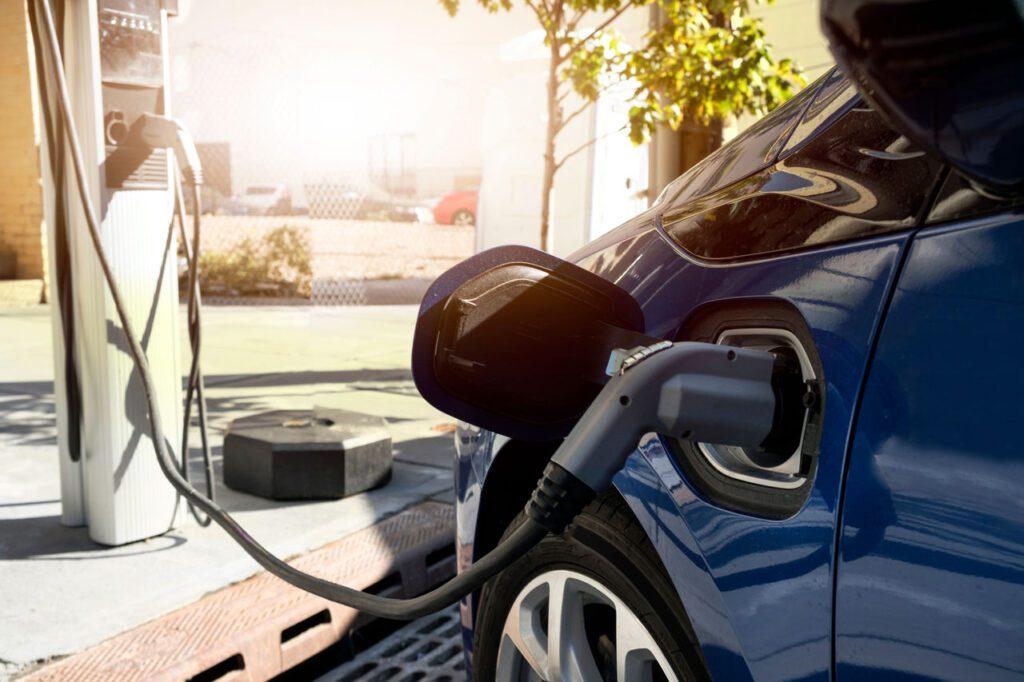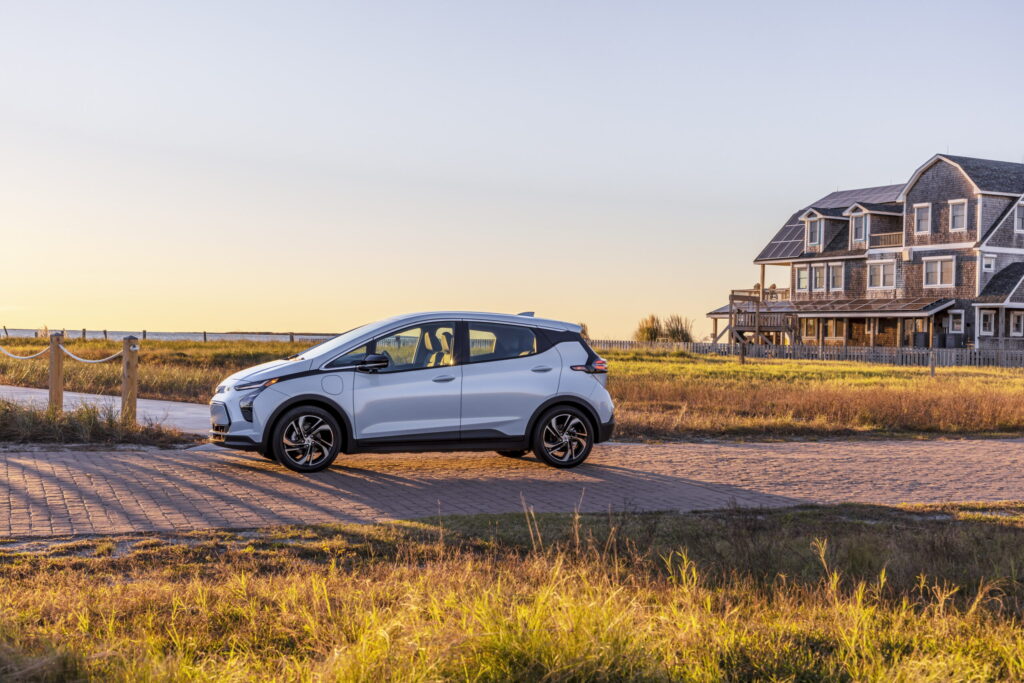
The wide variety of electric vehicle models now available — over 75 options introduced in the past four years — isn’t moving the needle for buyers.
Only 16% of U.S. adults report being “very likely” or “likely” to purchase a fully electric vehicle as their next car, according to AAA’s latest survey, the lowest percentage of EV interest recorded since 2019. The percentage of consumers indicating they would be “unlikely” or “very unlikely” to purchase an EV rose from 51% to 63%, the highest since 2022.
Barriers to Going Fully Electric
High battery repair costs (62%) and purchase price (59%) are cited as key barriers to going fully electric. Other top concerns identified in the survey were the perceived unsuitability of EVs for long-distance travel (57%), a lack of convenient public charging stations (56%) and fear of running out of power while driving (55%).
Slightly more than 30% of those undecided or unlikely to buy an EV listed safety concerns, including the risk of lithium battery fires.
Other obstacles mentioned in the survey included challenges installing home charging stations (27%) and the potential reduction or elimination of tax credits and rebates (12%).
EVs had the second highest total ownership costs due to depreciation, purchase prices and finance charges, according to AAA’s 2024 Your Driving Cost analysis
Motivating Factors to Buy
The Future of EVs
Despite advancements in the EV industry and the growing number of models, the percentage of U.S. drivers who believe that most cars will be electric within the next 10 years has significantly declined from 40% in 2022 to 23% this year.
While many of the concerns consumers have about EVs have remained the same over time, EV technology has evolved. For example, studies have shown that EV batteries are safer, longer lasting and more dependable than people assume. The newest EV models also have better range than ever.
Use this checklist to help determine if an EV or hybrid is the right choice for you — you may be surprised!
Check out the AAA Car Guide to research your best options and use our EV cost calculator tool to break down and compare your total cost of ownership.
AAA’s Recommendation: Whether you own an electric vehicle or a gas-powered car is up to you – and you should consider lots of factors in making that choice. No matter what type of vehicle you’re choosing, we recommend visiting a dealership, test driving one, and asking as many questions as possible to make an informed decision.
